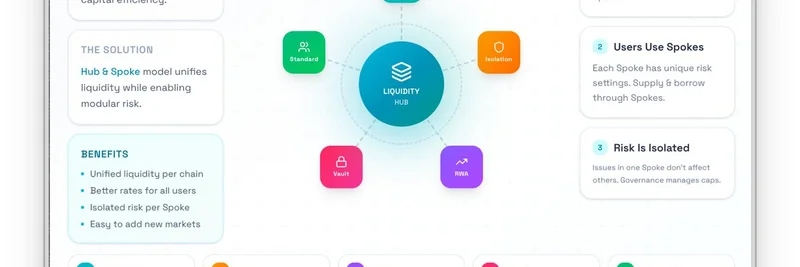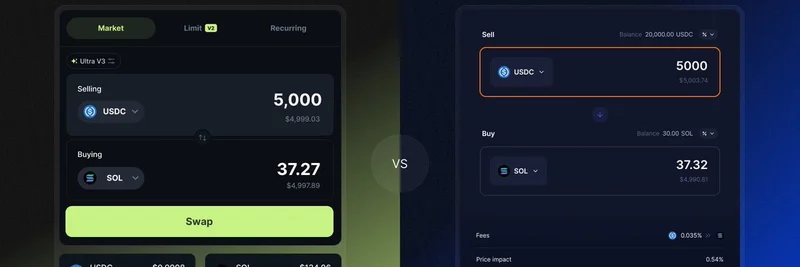Hey there, blockchain enthusiasts! If you're into meme tokens or just the wild world of crypto, you've probably heard about oracles and how they feed real-world data into smart contracts. Well, things just got a whole lot more interesting. Pyth Network, a leading oracle provider, has announced a groundbreaking partnership with the U.S. Department of Commerce to bring official economic data straight onto the blockchain. This move could supercharge DeFi applications, including those wild meme token trades, by providing super-accurate, real-time info.
The Tweet That Started It All
It all kicked off with a tweet from Pyth Network quoting a post from the U.S. Commerce Department. In the quoted clip from the All-In Podcast, they highlight how the Commerce Department is pioneering by publishing GDP data and other economic measures to the blockchain. Pyth steps in, saying, "The U.S. Department of Commerce wanted economic data onchain. Pyth is bringing it to a 100+ blockchains."
Essentially, Pyth is acting as the bridge, verifying and distributing this data across numerous blockchains. This isn't just hype—it's backed by official announcements. For more details, check out Pyth's blog post on the collaboration.
What Does 'Onchain Economic Data' Mean?
Let's break it down simply. "Onchain" refers to data that's stored and verifiable directly on a blockchain, making it tamper-proof and accessible to anyone. Economic data includes things like Gross Domestic Product (GDP), inflation rates, and other stats that governments release.
Traditionally, this info lives in centralized databases, but by putting it onchain, it becomes available for smart contracts to use instantly. Pyth, as an oracle (a service that pulls real-world data into blockchains), ensures this data is accurate and timely. They're already powering over 100 blockchains, including heavy hitters like Solana, where a ton of meme tokens thrive.
Why This Matters for Meme Tokens and DeFi
Meme tokens often ride on hype and market sentiment, but with real economic data flowing in real-time, traders and developers can build smarter tools. Imagine perp DEXes (perpetual decentralized exchanges) adjusting rates based on live GDP updates, or meme token projects incorporating economic indicators into their games or yield farms.
This partnership, alongside Chainlink's involvement (as noted in CoinDesk's coverage), signals growing mainstream adoption. It's scrubbed for anonymity, so no privacy issues, and it promotes transparency in financial markets.
The market reacted too—Pyth's $PYTH token surged up to 68% on the news, though it's seen some pullback since. For meme token creators, this means better infrastructure for launching and sustaining projects, potentially leading to more innovative uses in the space.
Looking Ahead
As blockchain tech evolves, integrations like this with government entities could pave the way for more regulated, yet decentralized, financial systems. If you're building or trading meme tokens, keep an eye on Pyth—they're making the ecosystem more robust.
What do you think? Will this change how we view economic data in crypto? Drop your thoughts in the comments below!



